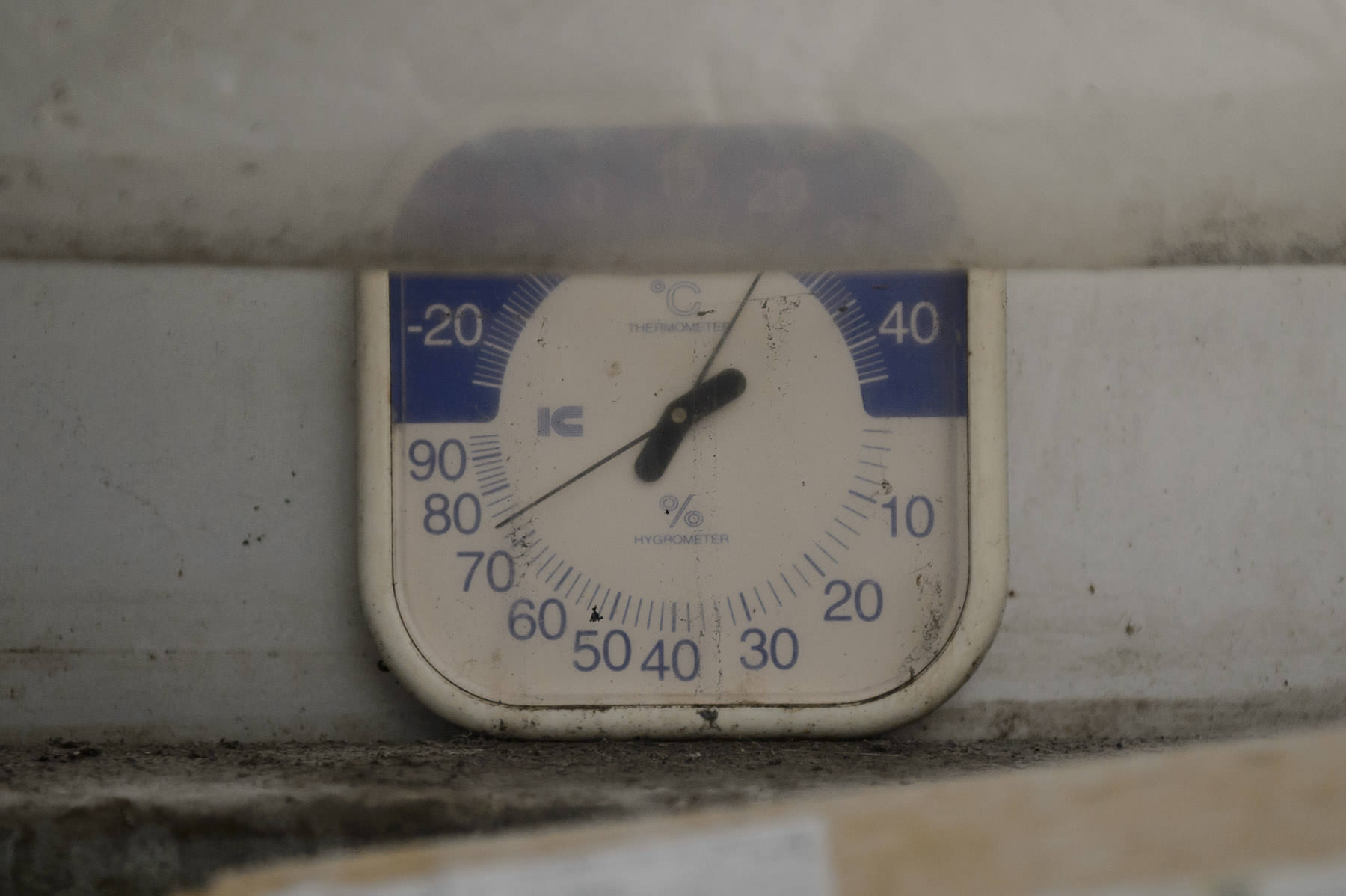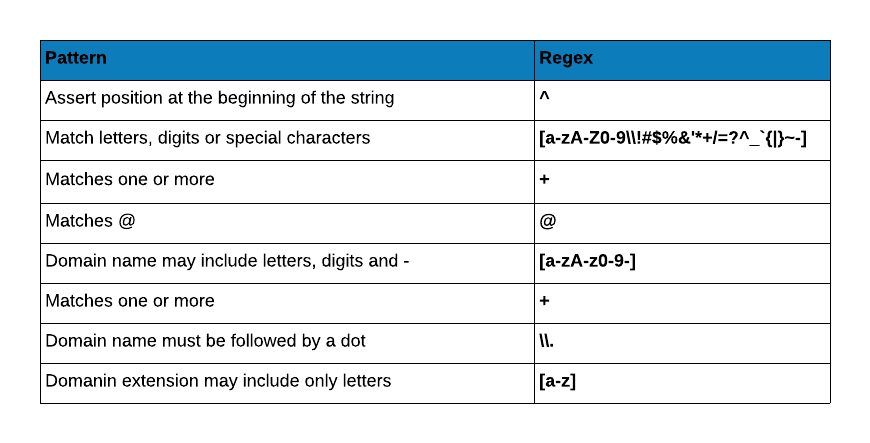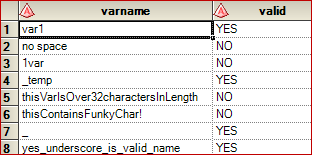

#Regex for number 1 50 plus#
Turn on to require positive numbers to use the plus sign. When limiting the integer part with a negative minimum, you must turn on either " allow minus sign" or "allow parentheses" or both. Turn on to allow negative numbers to be enclosed between ( and ) parentheses. When limiting the integer part with a negative minimum, you must turn on either "allow minus sign" or " allow parentheses" or both. Turn on to allow negative numbers to be preceded with a - sign. Turn on to allow positive numbers to be preceded with an optional + sign. This option has no effect in the "none" and "loose" field validation modes, which always allow any number. Turn on to allow the field to match only numbers with the integer part between a certain minimum and maximum number. Type in a list of currency codes that the field should allow. Currency SignĬhoose to allow one of five common currency signs, none of them, or all of them. Note that if you select "either", the regular expression will allow the number to have two currency signs, one before and one after it, unless you set the field validation mode to "strict".
#Regex for number 1 50 code#
Currency Sign or Code PositionĬhoose whether the allowed currency sign(s) and/or code(s) should appear before the number, after the number, or either before or after the number. In "average" and "strict" modes, the regular expression will require the thousands separator to properly split the number in groups of 3 digits. Note that with the field validation mode set to "none" or "loose", the regular expression will allow the thousands separator anywhere in the integer part of the number. Space: Allow a space as a thousand separator.Quote: Allow the single quote as a thousand separator.Comma: Allow the comma as a thousand separator.Any: Any of the 3 thousand separators below are allowed.

Select the style of the thousand separators that the number is allowed to use. Maximum Number of DecimalsĮnter the maximum number of decimals that the number is allowed to have. Minimum Number of DecimalsĮnter the minimum number of decimals that the number should have.

This option only has an effect when the maximum number of decimals is not zero.

Select the style of the decimal separator that the number should use. In "strict" mode, the regular expression will limit the integer part to the exact maximum value, which may require a complex regular expression. In "average" mode, the field will allow any integer part with at most as many digits as the maximum value. The maximum is ignored in the "none" and "loose" field validation modes, which always allow any integer. It does not restrict the fraction or exponent. The maximum only restricts the integer part. Type in the maximum number that the field is allowed to match when limiting values. In "strict" mode, the regular expression will limit the integer part to the exact minimum value, which may require a complex regular expression. In "average" mode, the field will allow any integer part with at least as many digits as the minimum value. The minimum is ignored in the "none" and "loose" field validation modes, which always allow any integer. The minimum only restricts the integer part. Type in the minimum number that the field is allowed to match when limiting values. Use this pattern to make a field match a decimal number that may or may not have decimals, thousand separators, currency symbols, signs, exponents, etc. In the following example, the regular expression \b\w*?oo\w*?\b matches all words that contain the string oo.“Number” is one of the patterns that you can select on the Match panel. It is the lazy counterpart of the greedy quantifier *. The *? quantifier matches the preceding element zero or more times, but as few times as possible. Match Zero or More Times (Lazy Match): *? ' The example displays the following output:


 0 kommentar(er)
0 kommentar(er)
